A record increase in fuel duty could be set to temper fleet operators’ initially positive response to news that benefit-in-kind (BIK) tax for electric vehicles (EVs) will continue to be kept low to increase uptake.
While the announcement that EVs would become eligible for VED road tax from 2025 was met with some consternation by many in the car retail sector in Chancellor of the Exchequer Jeremy Hunt’s Autumn Statement yesterday (November 17), changes to the BIK tax for company car drivers were more warmly received.
BIK for a pure EV is currently 2% (2022/23) and will remain at that rate up to April 2025, with the Chancellor’s announcement revealing that it will increase to 3% in 2025/26, to 4% in 2026/27, and 5% in 2027/28.
Paul Hollick, chair of the Association of Fleet professionals (AFP), described the approach as “well-judged”, adding: "Crucially, they will allow fleet decision makers to plan for the second half of the decade as they continue the process of electrification.
"This is something for which we have been campaigning in conjunction with BVRLA and it is to be welcomed."
Ashley Barnett, head of fleet consultancy at Lex Autolease, agreed, stating: "With longer lead times from manufacturers delaying the delivery of many vehicles, having clarity beyond 2025 is a major boost for future electric fleet decision making.”
But as the clarity offered to fleets by EV-adopting EVs appeared to be good news, all motorists look set to be hit by record increases in fuel duty next year after the Chancellor made no mention of freezing rates in 2023.
Fuel duty was cut by 5ppl in March by the then Chancellor Rishi Sunak after being frozen at 57.95ppl since 2011.
The reduction in fuel duty, however, was a temporary measure and is due to end next spring, resulting in what the Office for Budget Responsibility (OBR) described in its economic and fiscal outlook as a “a record cash increase” that will swell Treasury coffers with an additional £5.7 billion in taxes.
Quoted in AM’s sister title Fleet News David Wells, chief executive of Logistics UK, said “The fact that the detail of this policy was hidden in the body of the OBR Report and not announced by the Chancellor in the House indicates that the Government was hoping to avoid scrutiny on the topic.
“We are seeking urgent clarification as to whether the duty rise will be implemented as planned, as a rise of this magnitude would have a detrimental effect on the UK’s economy.”
The Treasury has said a final decision on fuel duty rates will not be taken until the next budget in spring 2023, Fleet News reported.

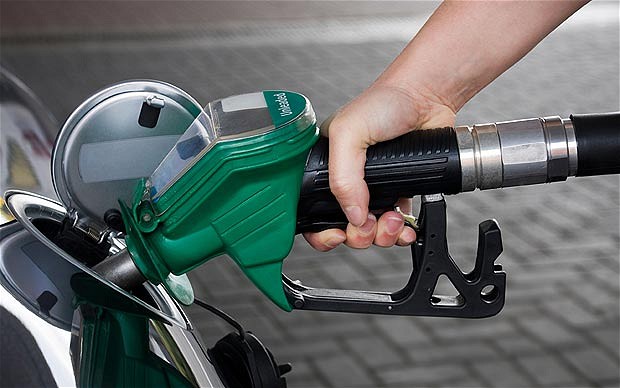


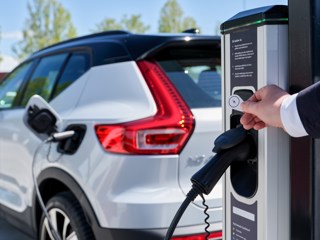
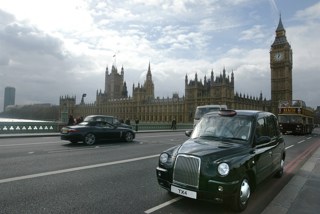
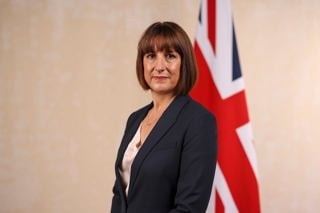
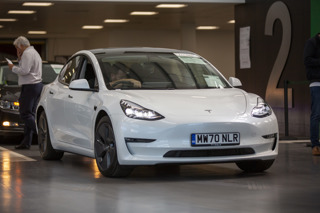












Login to comment
Comments
No comments have been made yet.